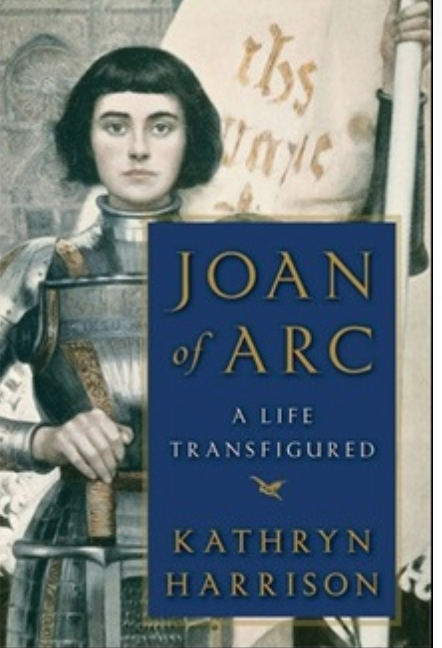Archive | Categories
‘Horns’ Doesn’t Blow
 Like his father Steven King, author Joe Hill has a knack for finding the realistic details in supernatural stories. In his 2010 fantasy novel, Horns, he investigated the thin line between good and evil – the latter, he suggested, being awfully accessible to even the finest of fellows. With linguistic and emotional integrity, Hill infused new life into the imagery of these by-now hackneyed polarities. In Alexandre Aja’s new film adaptation of this book, though, something got lost in translation – namely, subtlety. What’s left is a heady indictment of the bad seeds lurking in all of us, even the most delicate of flowers. Oddly enough, “Horns” still entertains quite nicely, perhaps because it offers a well-conceived alternative to straight genre fare.
Like his father Steven King, author Joe Hill has a knack for finding the realistic details in supernatural stories. In his 2010 fantasy novel, Horns, he investigated the thin line between good and evil – the latter, he suggested, being awfully accessible to even the finest of fellows. With linguistic and emotional integrity, Hill infused new life into the imagery of these by-now hackneyed polarities. In Alexandre Aja’s new film adaptation of this book, though, something got lost in translation – namely, subtlety. What’s left is a heady indictment of the bad seeds lurking in all of us, even the most delicate of flowers. Oddly enough, “Horns” still entertains quite nicely, perhaps because it offers a well-conceived alternative to straight genre fare.
Daniel Radcliffe is Ig Perrish, a radio DJ who has become the town pariah since his girlfriend, Merrin (Juno Temple), was kidnapped, murdered, and left under their favorite treehouse. Everyone, including the cops, considers him the culprit since she was last seen dumping him during a screaming fight. Protesting crowds and TV crews even follow him wherever he goes, wielding signs that say “Burn in Hell” and shouting “What’s it feel like to get away with murder?” Ig is too distracted by his enormous well of grief to care what anyone thinks, though; Merrin was his childhood sweetheart, and only the hope of finding her killer is now keeping him going. The problem: The killer left no trail whatsoever, and Ig has no means by which to uncover one – that is, until he wakes one day with horns sprouting from his head. Continue Reading →
A 21st Century Joan of Arc
 Has there ever been a better young heroine than Joan of Arc? A peasant girl raised in the French countryside, she received divine guidance from an early age. By the time she was a teenager, she heeded those visions and traveled, in male dress, to the Hundred Years War to protect France from England, which she achieved mightily until her capture at age eighteen. By age nineteen, she was tried by English officials who sentenced her to burn at the stake – although not before she delivered such ringing testimony that it has resonated through the centuries. Twenty-five years later, Pope Callixtus III debunked the charges against her and declared her St. Joan.
Has there ever been a better young heroine than Joan of Arc? A peasant girl raised in the French countryside, she received divine guidance from an early age. By the time she was a teenager, she heeded those visions and traveled, in male dress, to the Hundred Years War to protect France from England, which she achieved mightily until her capture at age eighteen. By age nineteen, she was tried by English officials who sentenced her to burn at the stake – although not before she delivered such ringing testimony that it has resonated through the centuries. Twenty-five years later, Pope Callixtus III debunked the charges against her and declared her St. Joan.
Okay. A woman hearing voices who died violently at age nineteen may not sound like the most modern of role models. This may explain why, as much as it pains me to say it, our Joan has fallen out of favor in recent years. Ever since her 1431 death, she has inspired legions of philosophers, artists, and historians but recently St. Joan’s legend has been given a bit of breathing room – perhaps more than is required. Joan of Arc: A Life Transfigured seeks to rectify this.
It is written by Kathryn Harrison (The Kiss, Envy), who has made it her business in both fiction and nonfiction to demystify myths (including that of her own father) without stripping them of their poetry. Part hagiography, part straight-up biography, her portrait of Joan weaves folklore, artistic representations, and centuries of scholarly and critical analysis into a more personalized interpretation of the young female warrior-savant. Harrison’s take emphasizes Joan’s bravery, clarity of thought and speech, and beautiful conviction. Continue Reading →


